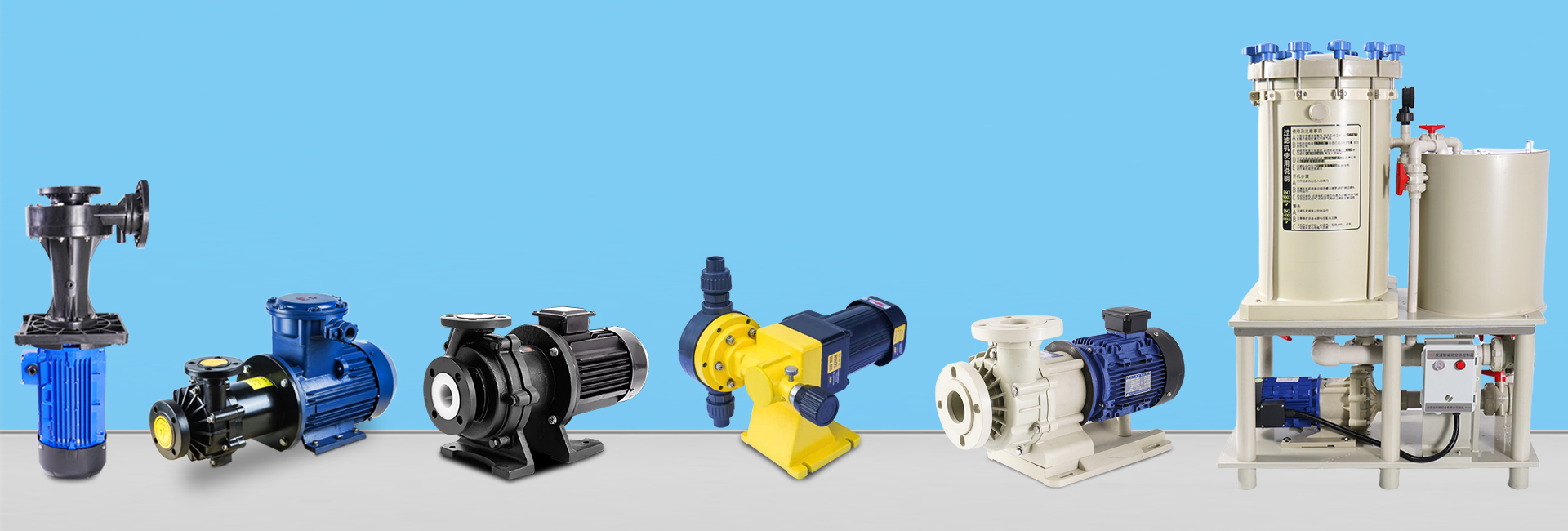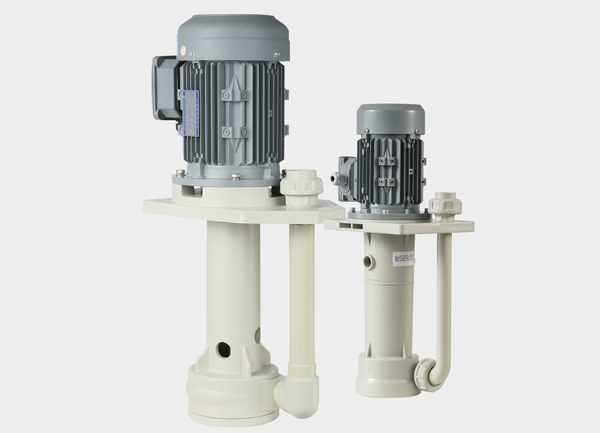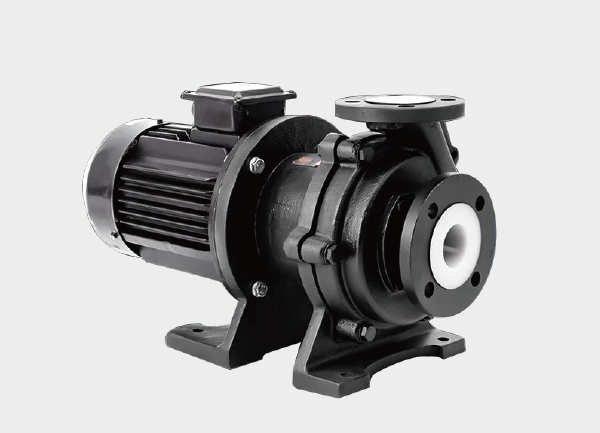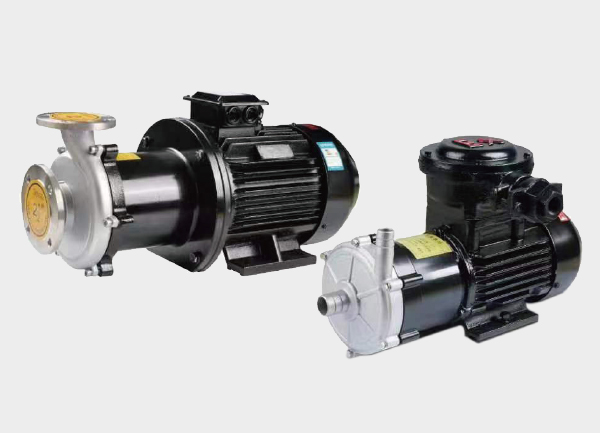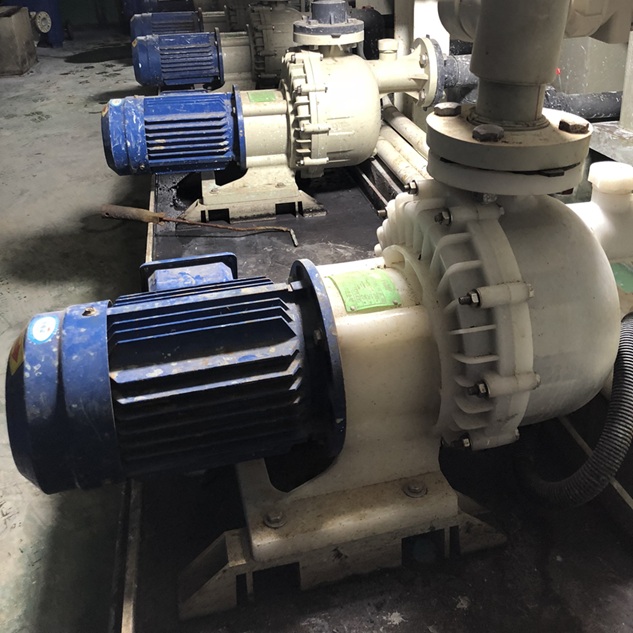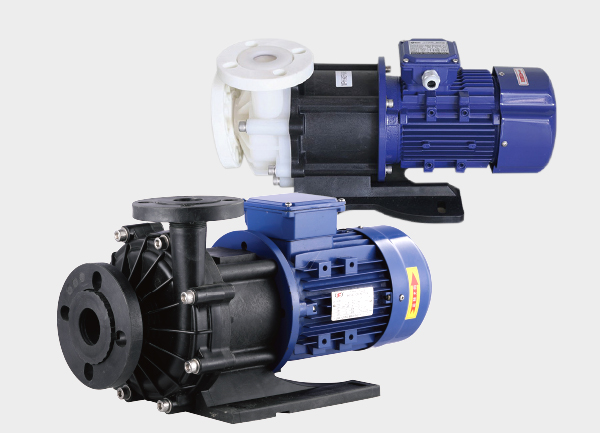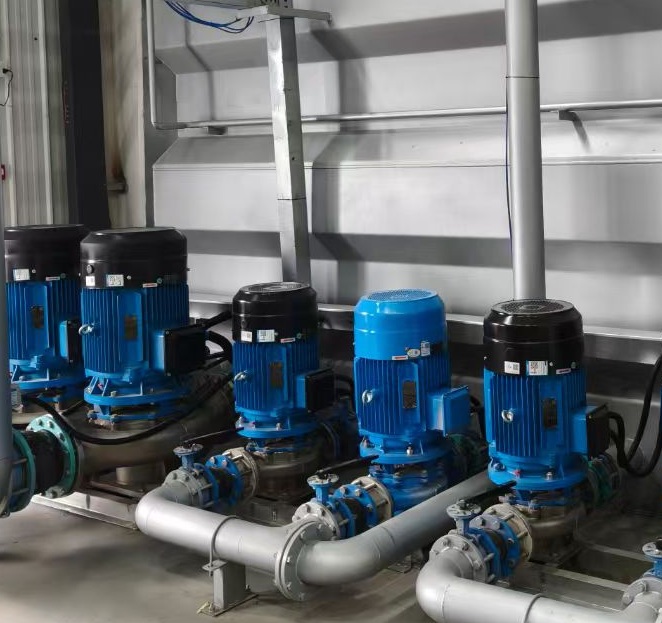Centrifugal pumps are among the most widely used fluid transfer equipment in the industrial sector, known for their simple structure, stable flow, high efficiency, cost-effectiveness, and versatility in handling water, oil, solutions, and slurries (except extremely viscous or fiber-rich fluids). Thanks to these advantages, centrifugal pumps cover nearly all industrial and civil applications. Below is a detailed analysis of their key application scenarios across major industries.
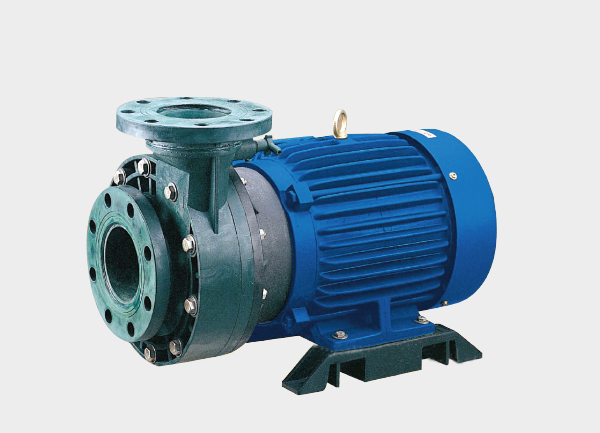
1. Petrochemical Industry: Core Transfer Equipment
The petrochemical sector is the primary application field for centrifugal pumps, where they must handle high temperature, high pressure, corrosive, and flammable conditions. Specialized designs and materials such as stainless steel, Hastelloy, or fluoropolymer-lined pumps are commonly used.
Crude Oil Production & Gathering: Transporting crude oil from wells to gathering stations or boosting pressure in pipelines. Offshore fields often use submersible centrifugal pumps inside wells.
Refining Processes: Used in atmospheric and vacuum distillation, catalytic cracking, hydrotreating, and other core units for transferring crude oil, residual oil, solvent oils, and chemical reagents.
Product Storage & Transport: Delivering gasoline, diesel, and lubricants from storage tanks to tankers, pipelines, or long-distance transportation with the help of high-pressure centrifugal pumps.
2. Water Treatment Industry: Full-Process Coverage
Centrifugal pumps play a central role in water treatment systems, where clog-free operation, adaptability to various water qualities, and low contamination risk are key.
Municipal Water Supply:
Intake: Large-capacity pumps lift raw water from rivers, lakes, or reservoirs to water treatment plants.
Distribution: After treatment, clean water is boosted into city networks for stable household and commercial supply.
Wastewater Treatment & Reuse:
Recirculation: Non-clog centrifugal pumps circulate mixed liquor in aeration tanks or return sludge in clarifiers.
Sludge Handling: Abrasion-resistant pumps handle dewatered sludge for disposal or incineration.
Reclaimed Water: Delivering treated water for irrigation, cooling, or industrial reuse.
Industrial Pure & Ultrapure Water: Electronics, semiconductor, and solar industries rely on stainless steel pumps (304/316) in RO systems to ensure water purity.
3. Power Generation: Ensuring Plant Reliability
In both thermal and nuclear power plants, centrifugal pumps are essential for high-temperature, high-pressure, and high-reliability applications, where downtime can cripple entire systems.
Thermal Power:
Boiler Feed Pumps: Multistage high-pressure pumps supply deaerated water (10–30 MPa, 150–250°C) to boilers for steam generation.
Condenser Circulation Pumps: Large-capacity pumps transfer cooling water (river, seawater, or recirculated) to condensers for steam condensation.
Cooling Tower Pumps: Circulate hot water to cooling towers for temperature control and closed-loop operation.
Nuclear Power:
Secondary Cooling Systems: Pumps circulate water to cool high-temperature fluids indirectly, ensuring reactor safety.
Auxiliary Systems: Pumps for make-up water and waste treatment, designed with corrosion resistance and low-leakage seals.
4. Food & Pharmaceutical Industry: Hygienic Standards First
These sectors require pumps that are hygienic, non-toxic, easy to clean, and dead-zone-free, meeting GMP or food-grade standards.
Food Processing:
Raw materials such as milk, juice, and soy milk are transferred to homogenizers or sterilizers using sanitary centrifugal pumps.
Final products like beer, soft drinks, syrups, and jams are pumped to packaging lines without contamination.
Pharmaceutical Manufacturing:
Liquid transfer in antibiotics, vaccines, and injectables, using 316L stainless steel pumps with CIP (Clean-in-Place) and SIP (Sterilize-in-Place) capability.
Fermentation processes rely on non-clog pumps to transfer culture fluids without damaging microorganisms.
5. Agriculture & Water Conservancy: Irrigation and Flood Control
Centrifugal pumps in agriculture emphasize large capacity, affordability, and outdoor durability, mainly for irrigation and drainage.
Irrigation:
Large-scale schemes use high-flow pumps to move water from reservoirs or rivers into fields via pipelines or sprinklers.
Small farms employ portable submersible pumps for well water irrigation.
Flood Control & Drainage:
High-power pumps quickly remove stormwater from fields or low-lying city areas.
Pumps also handle sediment-laden water for river dredging and soil improvement.
Aquaculture: Pumps deliver fresh water or recirculate pond water for aeration, ensuring healthy fish and shrimp stocks.
6. Buildings & HVAC: Comfort and Safety in Civil Use
In building systems, centrifugal pumps are valued for being compact, low-noise, and efficient, supporting HVAC and drainage needs.
Central Air Conditioning:
Chilled water circulation between chillers and indoor fan coils.
Cooling water circulation to transfer heat to cooling towers, typically using quiet centrifugal pumps.
Heating Systems: Hot water circulation in central or household heating systems via radiators or underfloor heating.
Building Drainage: Submersible pumps remove rainwater, wastewater, or seepage from basements, garages, or equipment rooms.
7. Mining & Metallurgy: Wear Resistance and Explosion-Proof Design
Mines and smelters rely on pumps capable of handling abrasive slurries and corrosive fluids, often under explosive conditions.
Mining:
Slurry transport in concentrators, using wear-resistant pumps with high-chromium alloys or rubber linings.
Mine drainage systems employ explosion-proof pumps to safely handle water mixed with sediments or acids.
Metallurgy:
Cooling water circulation in steelmaking and continuous casting systems.
Acid- and alkali-resistant pumps transport electrolytes in copper and aluminum production.
8. Marine & Offshore Engineering: Anti-Corrosion and Compact Design
Marine and offshore applications demand pumps that withstand salt spray, confined spaces, and unstable operating conditions.
Onboard Systems:
Ballast water management with seawater-resistant pumps.
Engine and generator cooling circuits.
Sanitary water supply for drinking and washing.
Offshore Platforms:
High-pressure centrifugal pumps boost crude oil from subsea wells to transport ships.
Desalination plants rely on pumps to move seawater through RO membranes.
Conclusion
The reason centrifugal pumps dominate so many industries lies in their adaptability. By selecting the right materials (metal, plastic, rubber lining), designs (single-stage, multistage, vertical, horizontal, submersible), and sealing systems (mechanical seal, packing seal), they can meet diverse demands for temperature, pressure, corrosion resistance, solid content, flow rate, safety, and hygiene. This flexibility makes centrifugal pumps the core fluid transfer equipment in both industrial and civil applications worldwide.

